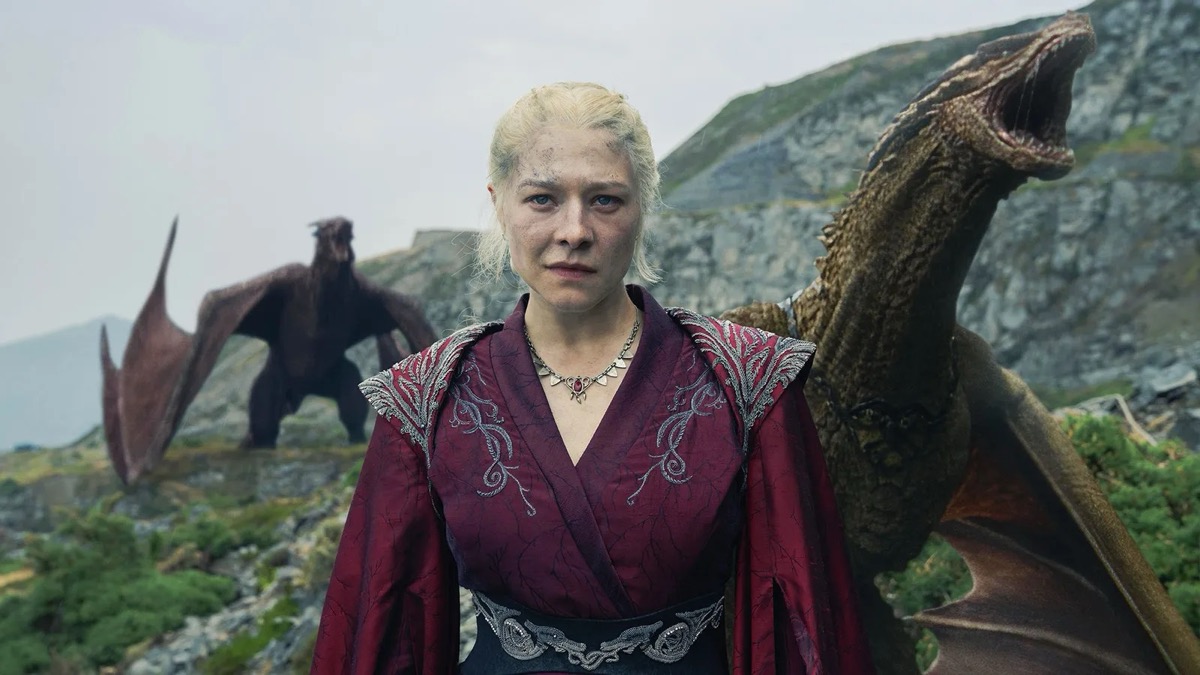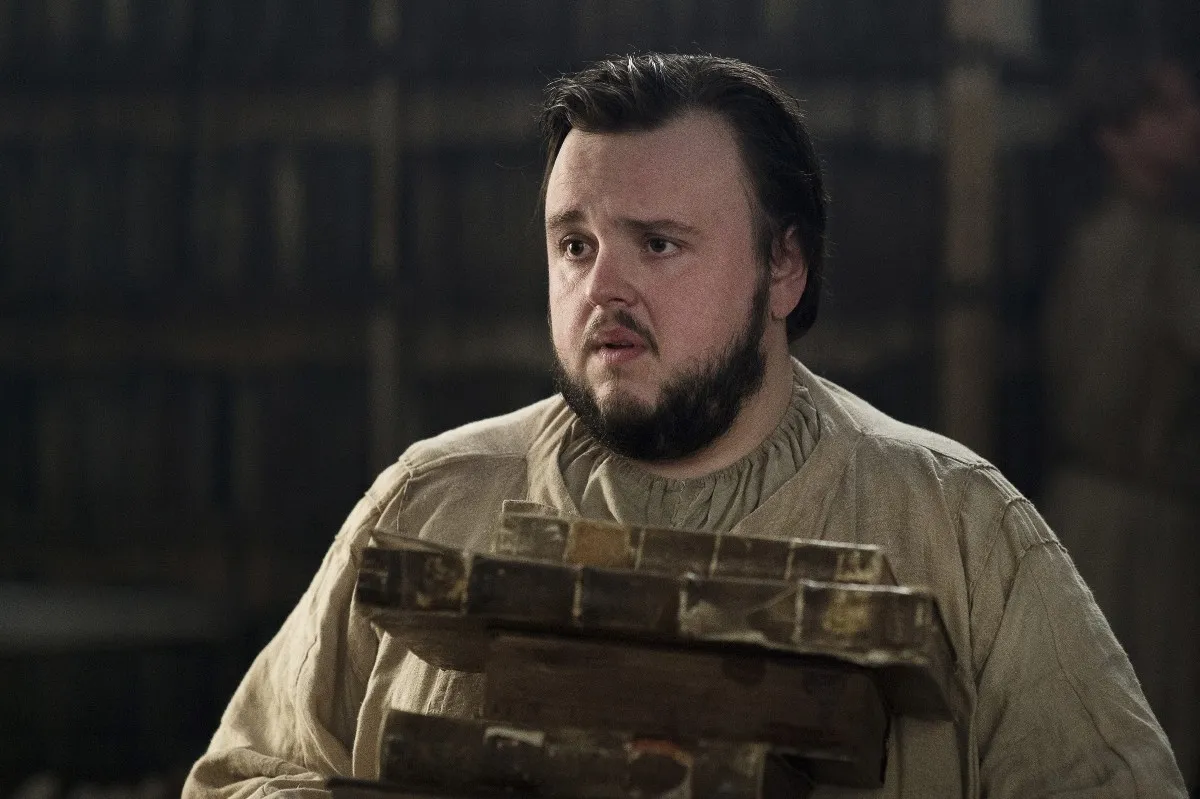‘House of the Dragon’ finale really went heavy on something that already failed in ‘Game of Thrones’
It really has ruined everything.

I can’t believe this is the first of many weeks without a new episode of the adventures of Westeros’s most murderous family. No Olympics and no House of the Dragon? They really are out to get me.
As I was rewatching the show’s season two finale, “The Queen Who Ever Was”—clearly trying to distract myself from the fact that we’re not seeing a third season at least until 2026—I noticed something that I had already picked up on during my first watch but that I only really started to reflect on now. And that is just how many times the concept of meta-narrative pops up during the episode.
To give a very broad definition of it, meta-narrative happens when a story is aware of the fact it’s a story and reflects on itself—maybe breaking the fourth wall à la Deadpool, or having the author intervene directly within it, or having the characters be somewhat aware that they are characters. And that’s something that happens often enough in “The Queen Who Ever Was” to be noticeable.
For example, when Helaena appears in Daemon’s vision-slash-prophecy-slash-weirwood trip, she tells him that he already knows how his story will end. And she more or less does the same with Aemond, when she says that no matter what he does, his ending will be at the Gods Eye—because the story itself is hurtling towards the ending it already has, even more so because it is a prequel whose source material has been known for years, so there’s nothing the characters can do to avoid it.

The final dialogue between Rhaenyra and Alicent at Dragonstone is another great example of this. When Alicent finally agrees to exchange King’s Landing and the lives of Aegon and Aemond for the chance to run away with Helaena and Jaehaera, Rhaenyra tells her that history will not remember her kindly in the slightest—and Alicent responds that she simply doesn’t care anymore. It’s another great instance of the characters being somewhat aware of the fact that everything they do will one day be turned into a story where they’ll be divided into the good ones and the evil ones—and in fact they will. That story is Fire & Blood.
Honestly, they are some good touches of meta-narrative—maybe it’s because one of my favorite things to see, stories being able to look at themselves and reflect on what they are, but I really did jump out of my seat when I first listened to those lines during the episode. But after that initial rush of emotion passed, all that was left was the bad taste of when an ASOIAF-based property had already tried to do that.
Because if there’s one thing the final seasons of Game of Thrones are full of, it is precisely meta-narrative. From stories being the memory of the world to Bran the Broken having the best story of them all to storytellers being some of the most important people that could ever be—we get it, you wanted an Emmy—to Samwell writing A Song of Ice and Fire as an in-universe historical chronicle, meta-narrative was everywhere. And it was terrible because the writing in general was also terrible, so this particular element too didn’t come off as smart or intriguing or even thought-provoking, but simply as lazy and self-congratulatory.

And that’s not to say that I hate the story awareness that House of the Dragon seems to have. I love it, really—but the way Game of Thrones ended makes me wary of complimenting things before I know exactly how they’re going to end. You never know when they’re going to make a Long Night last exactly one night or turn an incredibly popular character “mad” for no discernible reason.
Have a tip we should know? [email protected]